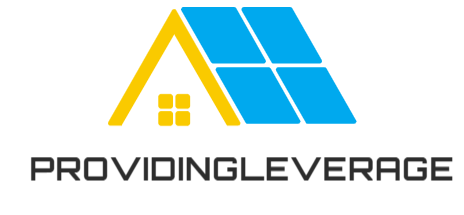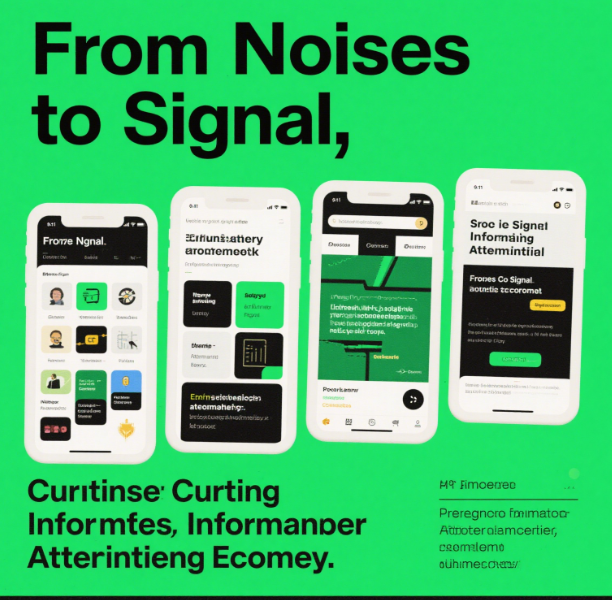In the digital age, we find ourselves adrift in a vast sea of information, a ceaseless tide of data, opinions, and content crashing around us. The attention economy thrives on this chaos, bombarding us with a never – ending stream of noise in the hopes of capturing and holding our precious attention. But amidst this overwhelming deluge, there lies a crucial skill—the art of curating information, of sifting through the noise to find the signal that truly matters.
The attention economy operates on the principle that our attention is a finite resource, and every entity, from social media platforms to news outlets, is vying for a piece of it. Algorithms are designed to keep us engaged, feeding us more and more content that is tailored to our interests, biases, and habits. As a result, we are constantly bombarded with information that may be entertaining or distracting but not necessarily valuable or relevant to our lives. This constant exposure to noise can have a detrimental effect on our mental well – being, productivity, and ability to think critically.
Curating information is the process of deliberately selecting, organizing, and filtering the vast amount of data that we encounter every day. It’s about being intentional about what we consume, rather than passively accepting whatever comes our way. Just as a curator in a museum selects and arranges artworks to create a meaningful exhibition, we can curate our information diet to create a more focused, enriching, and productive mental landscape.
One of the first steps in curating information is to become aware of the sources that we rely on. In the age of social media, it’s easy to fall into the trap of getting all our news and information from a handful of familiar sources, which may reinforce our existing beliefs and opinions. By diversifying our sources and seeking out different perspectives, we can broaden our understanding of the world and challenge our own assumptions. This could mean following independent journalists, subscribing to niche newsletters, or engaging with communities that have different viewpoints.
Another important aspect of curation is setting clear goals and priorities. What do we hope to achieve by consuming this information? Is it to stay informed about current events, learn a new skill, or be inspired creatively? By defining our objectives, we can make more deliberate choices about the content that we engage with. For example, if our goal is to learn about sustainable living, we can focus on following blogs, podcasts, and influencers in that space, rather than getting sidetracked by unrelated content.
In addition to selecting the right sources and setting goals, curating information also involves organizing and storing it in a way that makes it easily accessible and actionable. This could mean using tools like bookmark managers, note – taking apps, or personal knowledge management systems. By creating a structured system for organizing our information, we can save time and energy when we need to refer back to it, and we can also identify patterns and connections between different pieces of content.
The process of curating information is not just about consuming content; it’s also about creating and sharing it. By sharing the valuable information that we’ve curated with others, we can contribute to a more informed and engaged community. This could be as simple as sharing an interesting article on social media, starting a discussion group, or writing a blog post. In the process of sharing, we not only help others, but we also reinforce our own learning and understanding.
In conclusion, in the attention economy, where noise threatens to drown out the signal, curating information is no longer a luxury but a necessity. By being intentional about what we consume, diversifying our sources, setting clear goals, organizing our information, and sharing it with others, we can cut through the chaos and find the information that truly matters. In doing so, we can enhance our mental well – being, boost our productivity, and become more informed, critical thinkers in a world overflowing with information.




